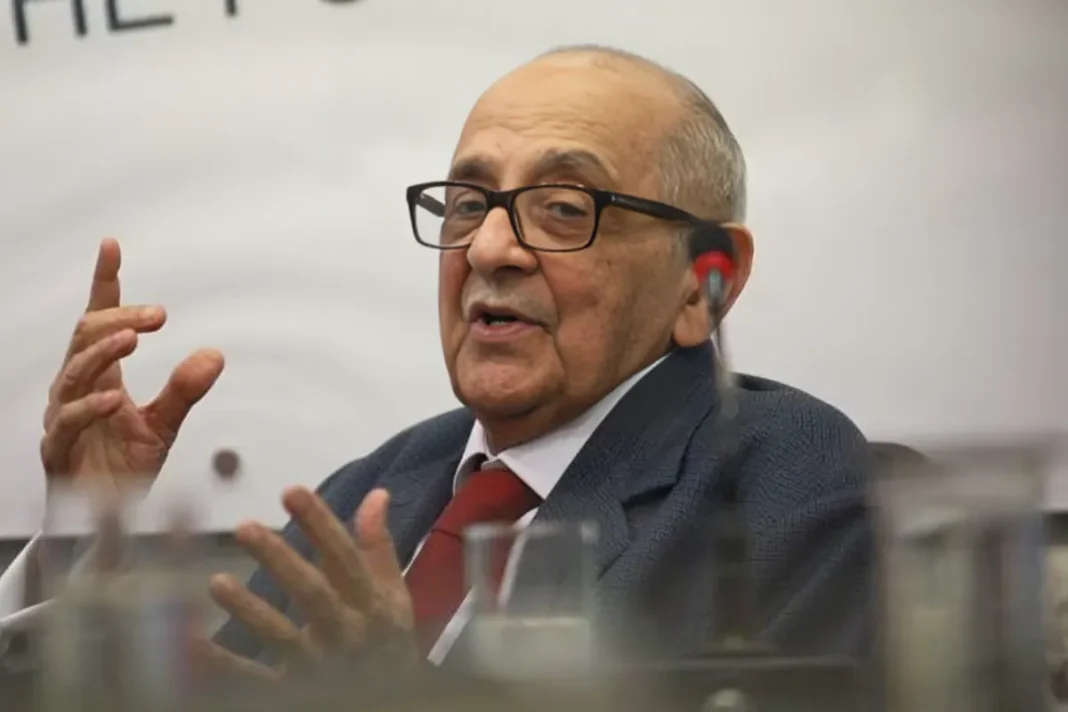Born into a Parsi family in Myanmar on January 10, 1929, Nariman embarked on his illustrious legal journey that began at the Bombay High Court. Renowned for his legal acumen and unwavering principles, Nariman declined a judgeship at the High Court, at the age of 38, which was below the minimum qualifying age at the time.
Contributions to Indian Jurisprudence
Nariman’s contributions to Indian jurisprudence stretch far and wide. As a senior advocate of the Supreme Court since 1971, he tirelessly advocated for justice and upheld the rule of law, leaving an indelible mark on several landmark cases:
- The Supreme Court Advocate Association case (1998): Fought for judicial independence, which led to the establishment of the collegium system for appointing judges.
- The T.M.A. Pai Foundation case (2002): Championed the rights of minority educational institutions under Article 30 of the Constitution.
- The Bhopal gas disaster case (1989): Represented Union Carbide, although later acknowledged it as a mistake and facilitated a $470 million settlement for the victims.
- The Golak Nath case (1967): Argued for fundamental rights against the then-prevailing interpretation of the Constitution.
- Standing Up Against the Emergency: Nariman’s commitment to justice extended beyond the courtroom. When the then Prime Minister Indira Gandhi declared Emergency in 1975, Nariman resigned from his prestigious post as Additional Solicitor General of India to register his strong protest against the move.
These are just a few examples of the countless cases Nariman shaped the course of. His tenure as President of the Bar Association of India from 1991 to 2010 further showcased his unwavering commitment to making justice accessible to all.
Recognition and Awards
Nariman’s brilliance was recognized with some of India’s highest civilian honors, including the Padma Bhushan and Padma Vibhushan, underscoring his immense impact on the legal landscape of the nation.
Tributes Pour In
Tributes poured in from across the legal and political spectrum, highlighting Nariman’s indelible mark on Indian society. Prime Minister Narendra Modi lauded him as “among the most outstanding legal minds and intellectuals,” acknowledging his lifelong dedication to ensuring justice for all.
Solicitor General Tushar Mehta mourned the loss, emphasizing Nariman’s towering intellect and wisdom, which enriched not only the legal fraternity but the entire nation. Reflecting on cherished memories shared with Nariman, Mehta underscored the irreplaceable void left by his passing.
Former Law Minister and senior advocate Kapil Sibal hailed Nariman as “a great son of India,” emphasizing his unmatched legal prowess and exemplary character.
Legacy and Remembrance
As the legal fraternity mourns the loss of a luminary, Nariman’s legacy will endure through his monumental contributions to jurisprudence. His profound impact on Indian law and society ensures that his memory will forever remain etched in the annals of history.
In his passing, Fali S Nariman leaves behind a void that can never be filled, but his legacy will continue to inspire generations to come, guiding them towards the pursuit of justice and righteousness.



